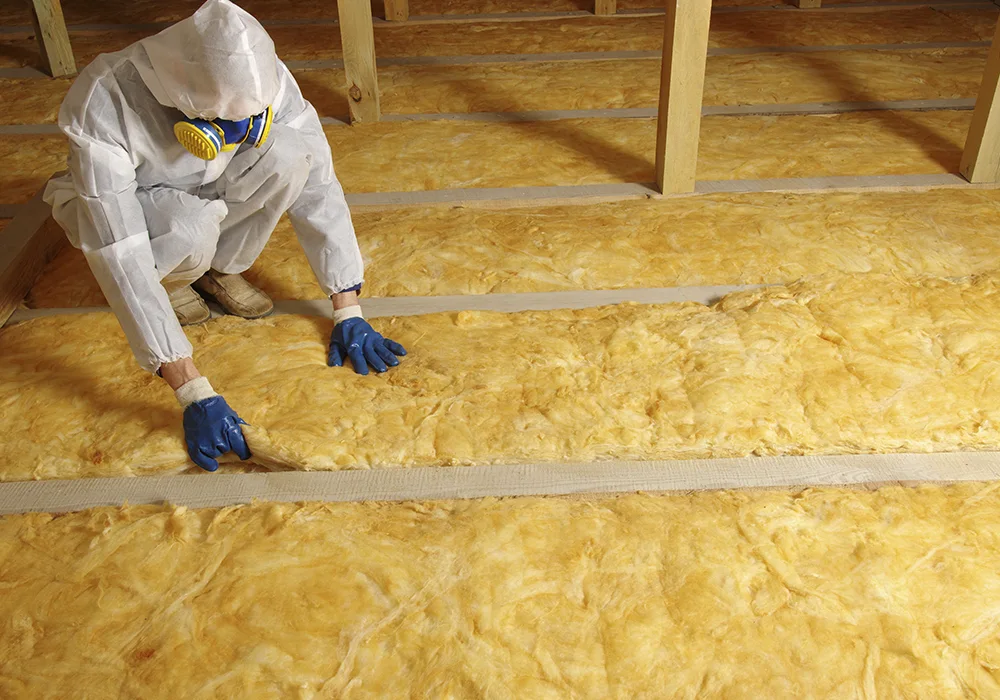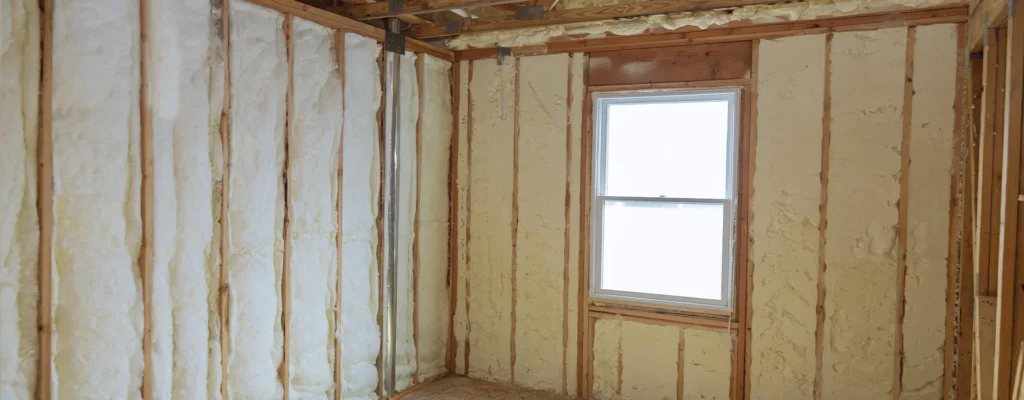With the arrival of winter, temperatures begin to drop, and the need for a warm and comfortable environment becomes a priority. One of the best ways to ensure this is through insulation. But how exactly can insulation help keep your home warm during the cold months? Let’s explore!
What is insulation and how does it work?

Insulation refers to materials used to reduce heat transfer between the interior and exterior of a building. During winter, this means keeping the heat generated by heaters inside the home, preventing it from escaping outdoors. Materials such as spray foam, cellulose, and fiberglass are commonly used for this purpose, creating an effective barrier against the cold.
Benefits of insulation in winter:
One of the main benefits of insulation during winter is increased thermal comfort. With good insulation, you can avoid cold spots and unwanted drafts, making every room in the house cozier. Additionally, insulation helps save energy. With less need to heat the home, you’ll see a significant reduction in energy bills.

Moisture control and mold prevention:
Another important advantage of insulation in winter is its ability to control moisture. By keeping heat inside the home, you also prevent condensation on internal surfaces, which can lead to mold growth. Good insulation helps maintain humidity at appropriate levels, contributing to a healthier and safer environment.

Insulation and its energy savings in winter:
One of the main advantages of insulation in winter is the significant energy savings it provides. When your home is well insulated, the need to use heaters decreases as the generated heat is retained for longer. This not only results in lower energy bills but also contributes to a more sustainable lifestyle. Additionally, with a heating system that operates more efficiently, you prolong the lifespan of the equipment, avoiding frequent maintenance costs and replacements.

Investing in insulation goes beyond immediate comfort; it’s a smart strategy to protect your home. A well-insulated house not only improves quality of life during winter but also increases property value in the long run. By preventing issues like premature wear of heating systems and mold formation, you ensure a healthier and more durable home. Therefore, when considering improvements for your house, insulation should be a priority, reflecting not just a practical choice but also a mindful perspective on the future of your home.

